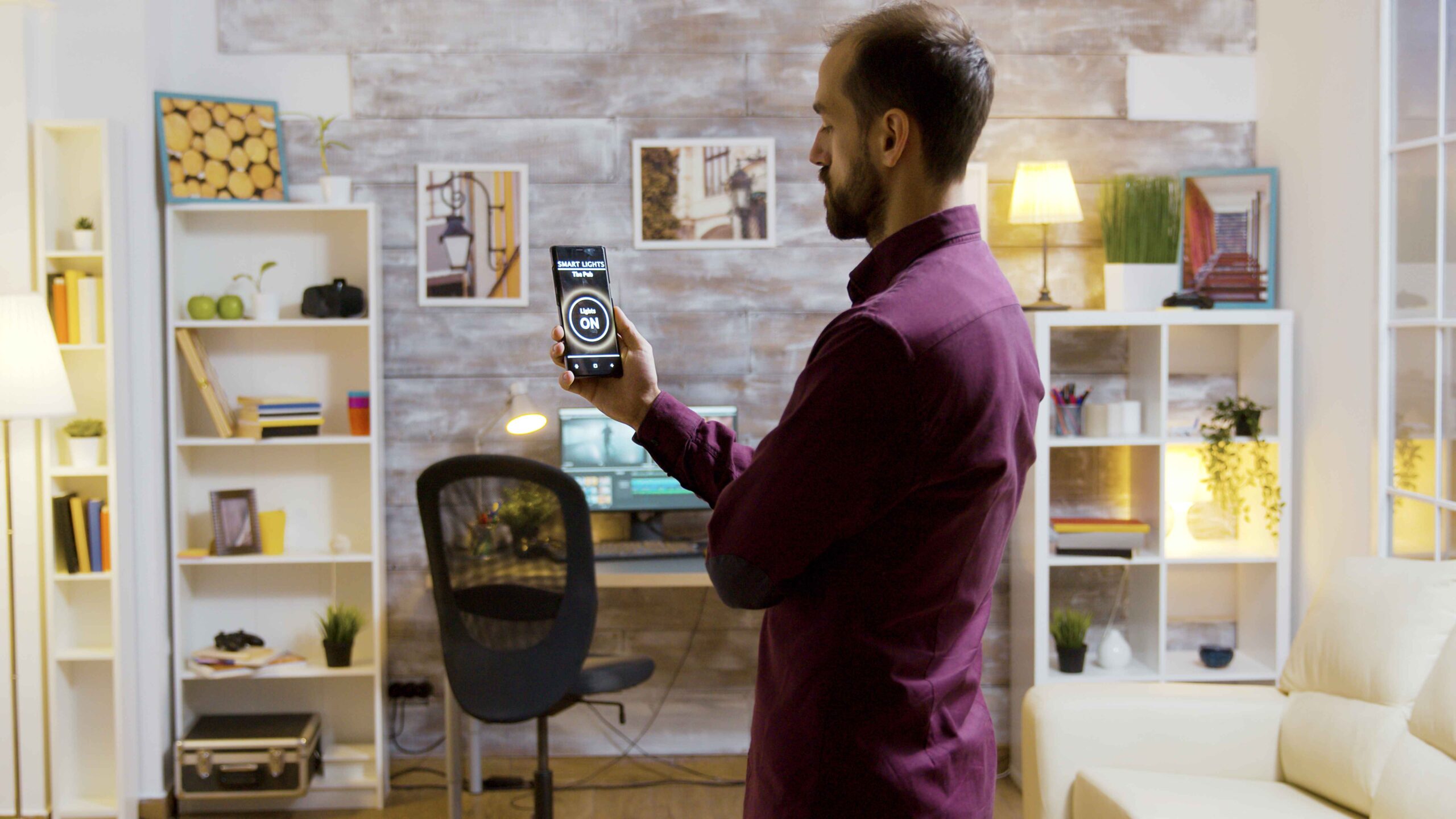Security cameras can be a double-edged sword—while they enhance safety, they can also raise serious privacy concerns. This debate becomes more intense when it comes to placing cameras in bedrooms. Understanding where to draw the line between protection and intrusion is important to staying within legal and ethical boundaries.
The Fine Line Between Security and Privacy
To begin with, one should know that privacy is not an option; it’s a right. Surveillance cameras are essential for safety, but placing them in private spaces like bedrooms raises serious legal and ethical concerns. Is it legal to put cameras in bedrooms? The answer depends on factors such as consent, intent, and jurisdiction. While security is a priority, ensuring that surveillance respects privacy rights is just as important.
Understanding Reasonable Expectation of Privacy
The law generally protects spaces where individuals have a ‘reasonable expectation of privacy’ (That’s actually the term used in court)—a legal concept that prohibits unauthorized surveillance in areas like bathrooms, dressing rooms, and bedrooms. This means installing cameras in such places without consent is often considered illegal surveillance and could lead to severe legal consequences.
Is It Legal to Install a Camera in Your Child’s Bedroom?
Keeping an eye on your child is natural, but when does security border on intrusion should be considered? Parents often worry about their child’s safety and may consider installing security cameras in their bedrooms. The legality of this action varies:
- Infants and toddlers: Installing baby monitors in nurseries is widely accepted.
- Teenagers: Monitoring older children raises ethical concerns and may violate privacy laws in some jurisdictions.
- Children over 18: Recording an adult child in their bedroom without consent is absolutely illegal. They have the same privacy rights as any other adult.
Employer Surveillance in Bedrooms: Is It Legal?
If a household keeps live-in workers, such as nannies or caregivers, surveillance cameras should never be installed in their bedrooms. Doing so can be considered a violation of workplace privacy laws, leading to legal consequences. In many places, it is mandatory to inform employees about any surveillance within the home, and filming them in private spaces is strictly forbidden.
When Can You Legally Install a Bedroom Camera?
There are specific instances where installing cameras in a bedroom might be legal:
- Medical Reasons: If a person has a severe medical condition, family members may install cameras for safety. However, consent is required if the individual is of legal age.
- Self-Surveillance: Homeowners can legally install cameras in their own bedrooms if no one else is being recorded without their knowledge.
- Security Threats: If someone has a legal concern, such as an abusive situation, cameras may be used as evidence—but only within legal guidelines.
Illegal Situations for Bedroom Cameras
In many states and countries, it is illegal to install cameras in bedrooms under these circumstances:
- Hidden Cameras: Secretly planting a camera in someone’s bedroom without their knowledge is generally illegal.
- Spying on Roommates or Guests: Landlords, roommates, or visitors cannot be recorded in private areas without consent.
- Placing Cameras in Bathrooms or Dressing Areas: These are highly protected spaces where recording is almost always against the law.
Consequences of Illegal Surveillance
Watching over someone without consent isn’t protection—it’s a violation with serious repercussions. In such a case, the legal penalties include:
- Fines: Violating privacy laws can result in significant fines, sometimes exceeding thousands of dollars.
- Lawsuits: Those who feel their privacy has been invaded may take legal action against the person responsible.
- Criminal Charges: In extreme cases, unauthorized surveillance can lead to imprisonment.
The Ethical Aspect: Is It Just About the Law?
Even if installing cameras in a bedroom is technically legal under certain conditions, the ethical aspect of it should not be overlooked:
- Trust Issues: Secret surveillance can damage relationships between family members, roommates, or employees.
- Psychological Impact: Constant monitoring can make individuals feel anxious and watched over in their own space.
- Parental Boundaries: Teenagers need personal space to develop independence, and excessive surveillance can ruin it.
How to Ensure Ethical and Legal Surveillance
If you are considering installing security cameras in your home, follow these best practices:
- Transparency: Always inform anyone who might be recorded.
- Use Common Areas: Place cameras in hallways, entry points, or living rooms instead of private spaces.
- Consult Legal Experts: If in doubt, seek professional advice to ensure compliance with privacy laws.
Final Thoughts: Balancing Security and Privacy
Security matters, but so does privacy. The security cameras should provide protection, but not at the expense of personal privacy. Understanding surveillance laws and ethical concerns will help homeowners, employers, and parents make wise decisions that respect both safety and individual rights. Before installing a camera in a bedroom, ask yourself: Is it really necessary, or am I just inviting the legal and ethical risks?





